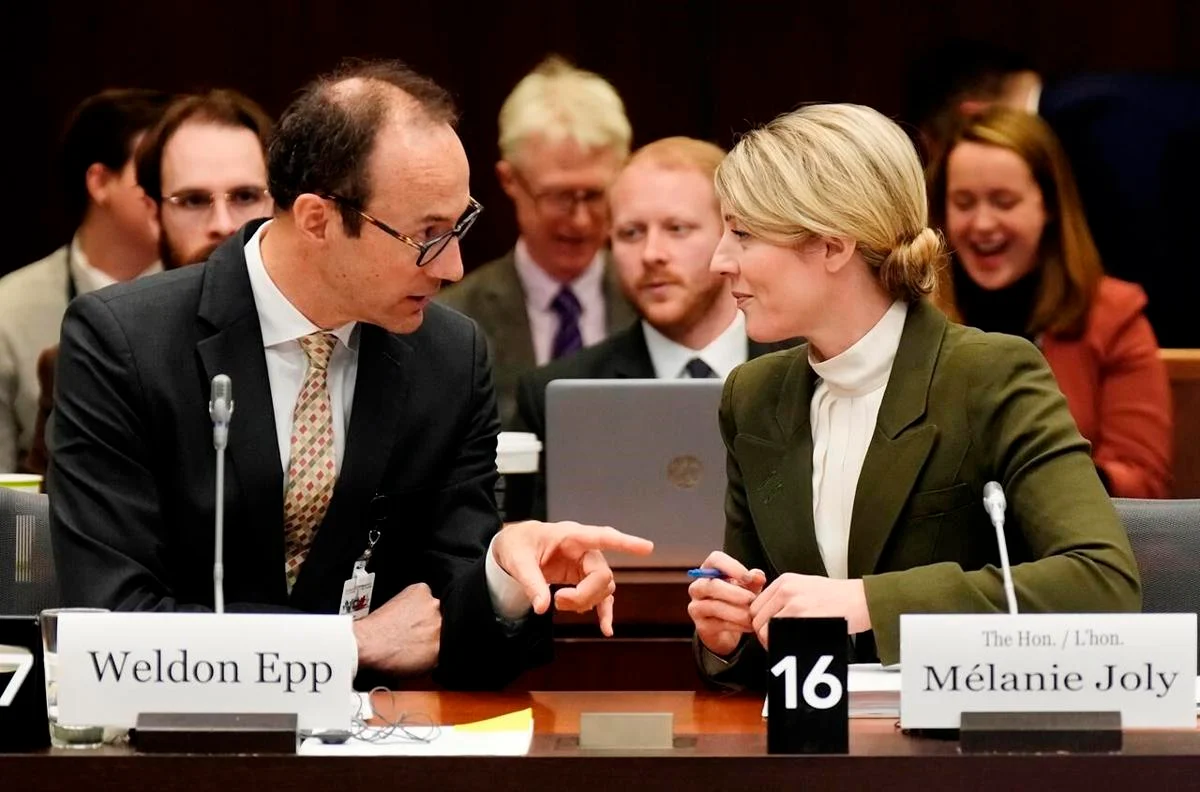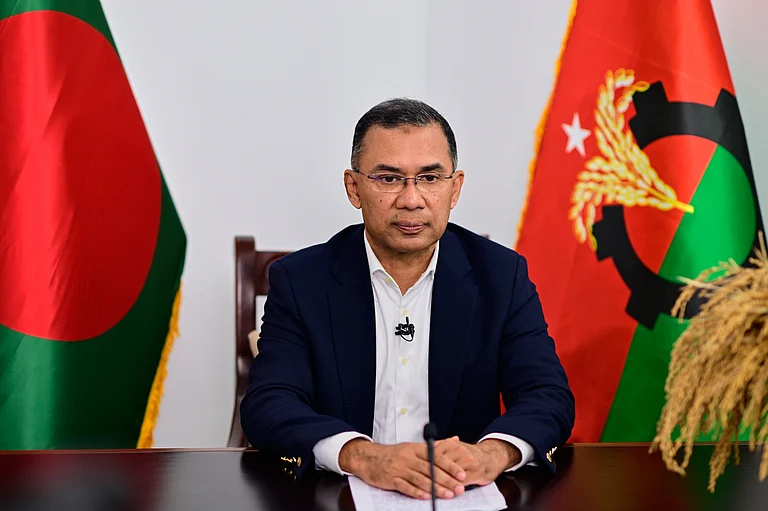Seeking Common Ground Amidst Discord, Canada Extends Legal Guidance to Indian Officials
Amidst strained relations between India and Canada, Canadian officials are extending a diplomatic olive branch by offering workshops on the rule of law to their Indian counterparts. This move comes amidst escalating tensions over issues like Sikh separatism, highlighted by recent events such as the shooting of Sikh community leader Hardeep Singh Nijjar in British Columbia. Nijjar’s death has strained relations further, with Canadian officials alleging potential links between the Indian government and the incident.
Senior Canadian bureaucrat Weldon Epp explained that these workshops aim to bridge the gap in legal standards between the two countries, particularly concerning definitions of extremism and terrorism. However, differences persist, with Canada declining extradition requests for individuals like Nijjar in the past due to concerns over legal standards and evidence.
The situation has led to diplomatic repercussions, including a thinning of Canada’s diplomatic presence in India and a temporary halt in visa processing for Canadians. Furthermore, Trudeau’s accusations have halted trade talks between the two nations, reflecting the seriousness of the rift.
-
Moving forward, meaningful progress will require addressing underlying issues such as the glorification of Khalistani terrorists in Canada, while also respecting principles of free speech
-
Both countries have much to gain from cooperation, and finding a path forward will require dialogue and compromise
Observers note that Indian Prime Minister Narendra Modi has been urging Canada to take a tougher stance on Sikh separatism, reflecting broader political and ideological dynamics. Despite calls for restraint, both countries continue to grapple with the complexities of balancing free speech with national security concerns.
In this context, the offer of workshops on the rule of law is seen as a constructive gesture by some, aimed at fostering mutual understanding rather than confrontation. There is a recognition of the need for both sides to find common ground and work towards restoring diplomatic and trade ties, given their shared interests in areas such as nuclear energy collaboration and diaspora connections.
Moving forward, meaningful progress will require addressing underlying issues such as the glorification of Khalistani terrorists in Canada, while also respecting principles of free speech. Both countries have much to gain from cooperation, and finding a path forward will require dialogue and compromise.
***********************************************************************
Readers








